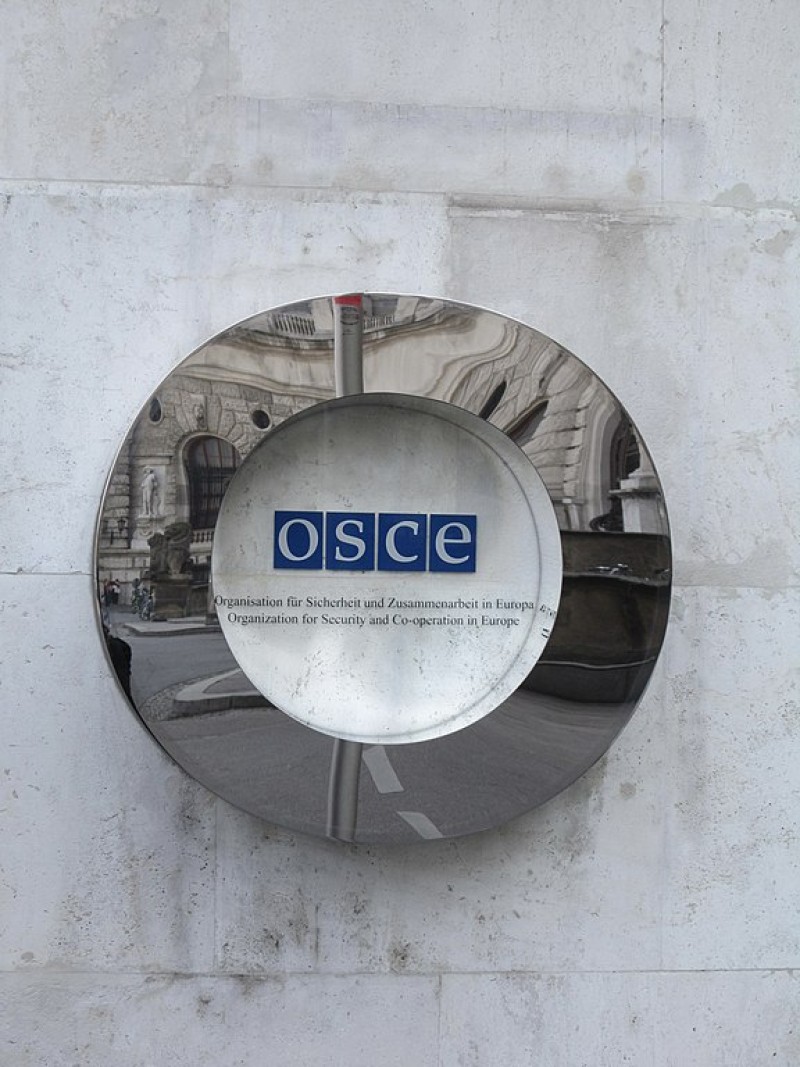"While state authorities have the unquestionable right, and even obligation, to safeguard public security, it is imperative that the use of digital surveillance technology on journalists be exercised with utmost caution," stated OSCE Representative on Freedom of the Media, Teresa Ribeiro.
"For secure and democratic societies, journalists and other media professionals must be able to operate without constraints, interference, or fear for their safety," she explained, and called on OSCE participating states to refrain from using digital surveillance technology on reporters "unless there exists a clear and immediate threat to public security."
An OSCE report highlighted a troubling pattern where digital surveillance technology is often justified under the pretext of national security, a practice that can be misused for political purposes, leading to the prioritization of those in power over the protection of human rights.
Such trends have been witnessed during crises such as the COVID-19 pandemic and other disasters and conflicts, where the notion of national security and emergency response has, at times, been exploited to justify actions that potentially undermine human rights, as explained in the OSCE's report.
To counter this trend, the European Parliament adopted the European Media Freedom Act last September, aimed at "protecting media pluralism and independence." However, in June, the European Digital Rights (EDRi) advocacy group issued an open letter in which civil society and journalist associations urged the Council of the European Union to remove the "national security" exception in the legislation.
They emphasized that this exception, without proper safeguards, disregards the established case law of the Court of Justice of the European Union.
Hungarian journalist Szabolcs Panyi declared that "his phone showed that the Pegasus spyware had been running on [his] device for seven months," threatening the security of his sources and whistleblowers.
"In increasingly repressive political environments, like in Hungary, where media is under government control and pressure, whistleblowers and leaks are the only way left for investigative journalists to uncover the truth. This is exactly why, under the pretext of vague and bogus national security reasoning, surveillance is used against journalists in Hungary," Panyi explained in the letter.
The Culture and Education Committee modified the European Media Freedom Act in early September to ensure it applies to all types of media content and strengthens transparency and independence within the European Union's media landscape.
In their draft position on the European Media Freedom Act, MEPs voted in favor of the explicit prohibition on pressuring the media. They also emphasized that journalists should not be subjected to surveillance or compelled to disclose their sources.
The draft position received 24 votes in favor, three votes against, and four abstentions.
Before discussions can begin with the Council on the final version of the law, the legislation must be confirmed by the entire Parliament. A vote is scheduled to take place in early October.



